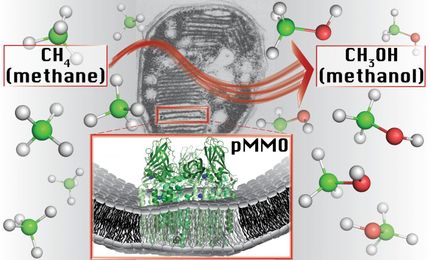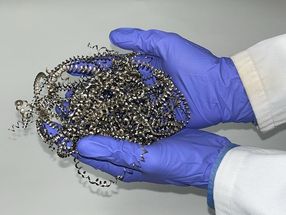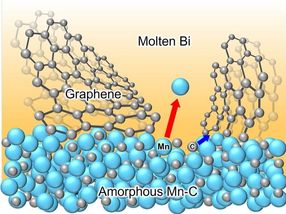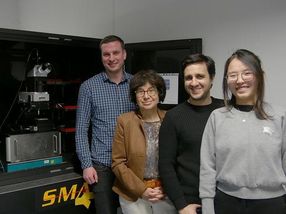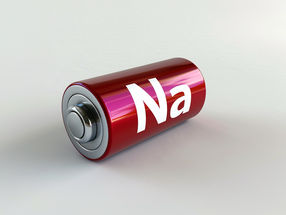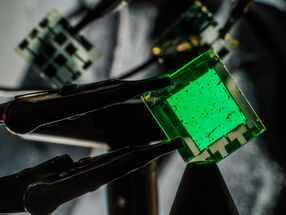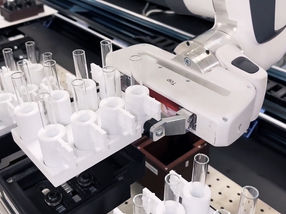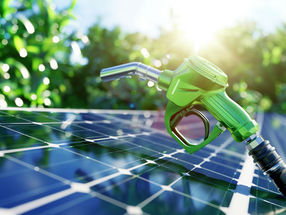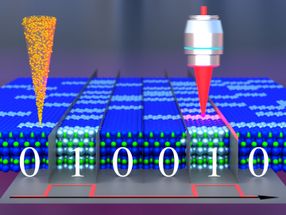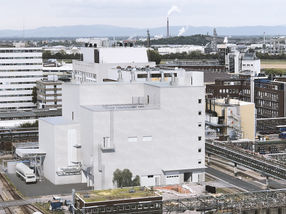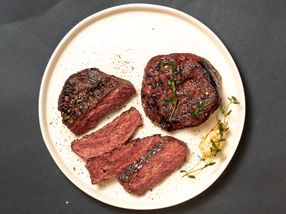Artificial 'plants' could fuel the future
Imagine creating artificial plants that make gasoline and natural gas using only sunlight. And imagine using those fuels to heat our homes or run our cars without adding any greenhouse gases to the atmosphere. By combining nanoscience and biology, researchers led by scientists at University of California, Berkeley, have taken a big step in that direction.
Peidong Yang, a professor of chemistry at Berkeley and co-director of the school's Kavli Energy NanoSciences Institute, leads a team that has created an artificial leaf that produces methane, the primary component of natural gas, using a combination of semiconducting nanowires and bacteria. The research builds on a similar hybrid system, also recently devised by Yang and his colleagues, that yielded butanol, a component in gasoline, and a variety of biochemical building blocks.
The research is a major advance toward synthetic photosynthesis, a type of solar power based on the ability of plants to transform sunlight, carbon dioxide and water into sugars. Instead of sugars, however, synthetic photosynthesis seeks to produce liquid fuels that can be stored for months or years and distributed through existing energy infrastructure.
"We're good at generating electrons from light efficiently, but chemical synthesis always limited our systems in the past. One purpose of this experiment was to show we could integrate bacterial catalysts with semiconductor technology. This lets us understand and optimize a truly synthetic photosynthesis system," he told The Kavli Foundation.
Original publication
Other news from the department science

Get the chemical industry in your inbox
From now on, don't miss a thing: Our newsletter for the chemical industry, analytics, lab technology and process engineering brings you up to date every Tuesday and Thursday. The latest industry news, product highlights and innovations - compact and easy to understand in your inbox. Researched by us so you don't have to.
